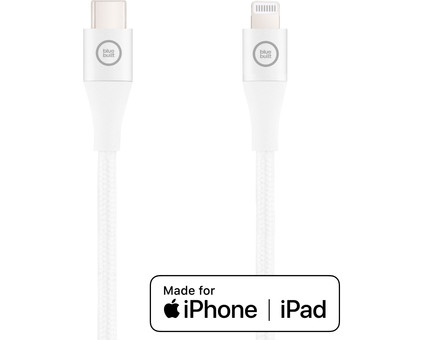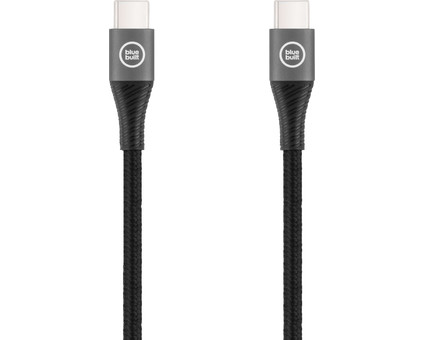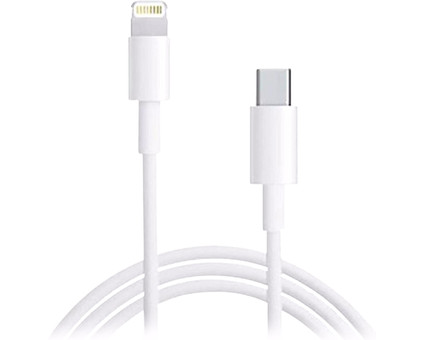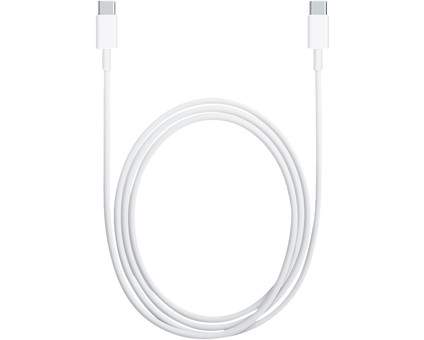
How to choose a charging cable for your iPhone?
Choose charging cable Apple iPhone
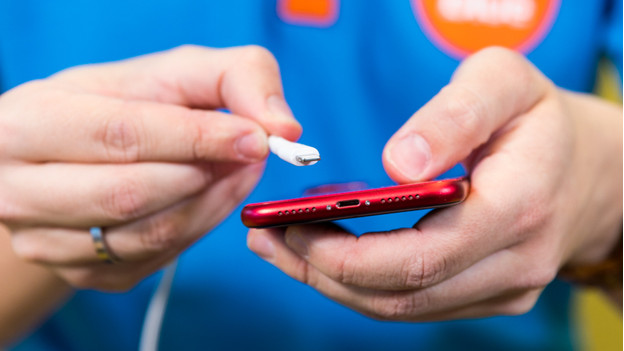
Are you looking for a charging cable for your iPhone 16, 15, or older? Ask yourself the following questions:
- Which connectors should your cable have?
- Do you want an extra sturdy cable?
- Do you need more freedom of movement while charging?
- Do you want a certified (MFI) charging cable?
Compare Apple iPhone charging cables
What kind of connector do you need?
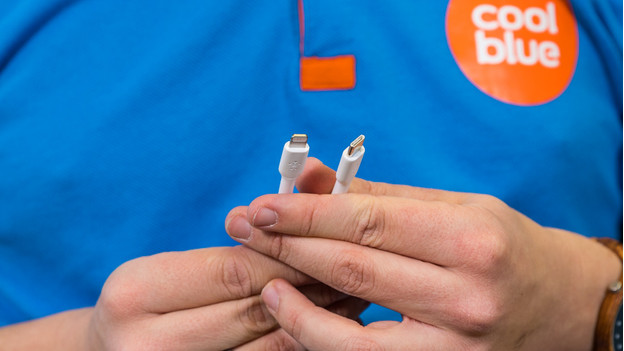
First, check which connector your iPhone has. The iPhone 15 and newer have a USB-C port, older iPhone models have a Lightning port. You should then look at the other connector of your cable, the part that goes into your charger. Fast chargers have an oval USB-C port. This means you need a USB-C to USB-C or a USB-C to Lightning cable to connect your iPhone to a fast charger. Old chargers still have a rectangular USB-A port. You need a USB-A cable in that case.
Want an extra sturdy cable?
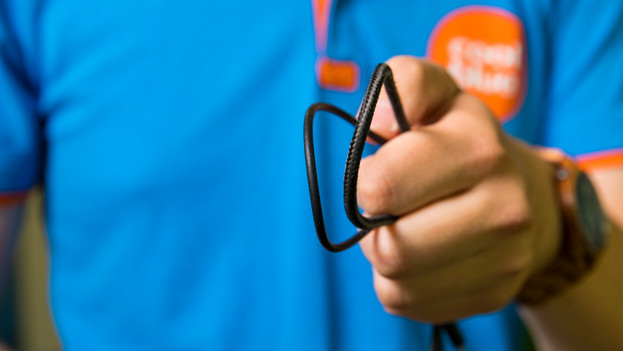
Plastic cables are more affordable, but they break faster and last less long. Do you roll up your cables when you store them? Cables with a woven nylon sleeve are sturdy and flexible. This way, they fold less easily when you bend them and they don't tear easily when you pull them. Kevlar cables are made of the same fiber that's used for bulletproof vests. These iPhone charging cables are less flexible than plastic cables.
Do you need more freedom of movement?
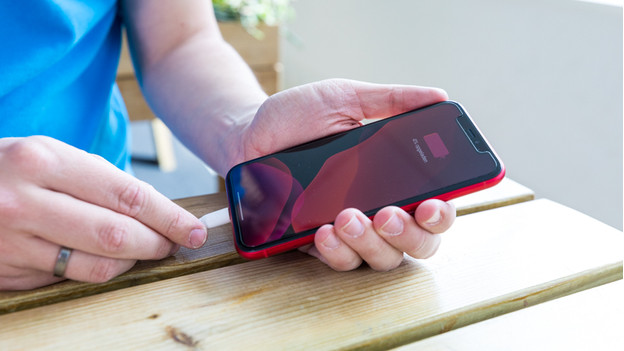
You'll get a 1m charging cable with your iPhone by default. That means you can only charge your iPhone close to a socket. Do you need more space? With a 2m iPhone cable or longer, you'll have more freedom of movement. This way, it doesn't matter if your socket is far from your couch or bed.
Do you want an original or MFI charging cable?
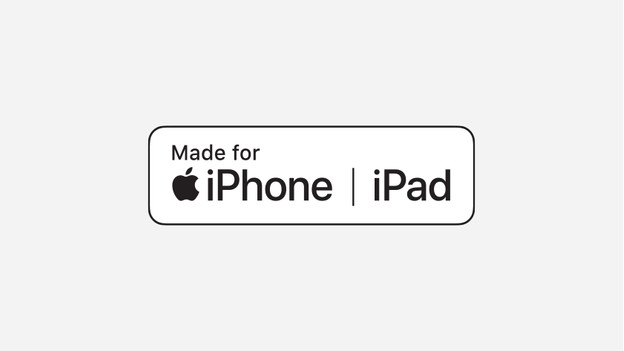
Apple tests charging cables on safety and iPhone compatibility. When the cable passes the test, it gets an MFI (Made for iPhone/iPad) certificate. In addition, these charging cables last longer. You can recognize certified cables by the MFI logo that you see here. When you use a non-certified cable, it can damage the battery or Lightning port of your iPhone. Charge your iPhone safely with BlueBuilt, Belkin, Nomad, and Pantone charging cables.



